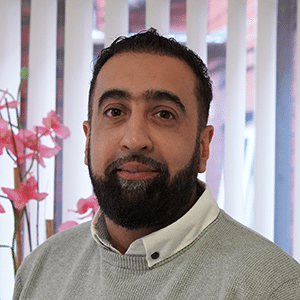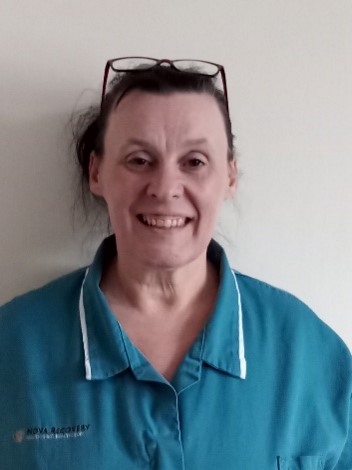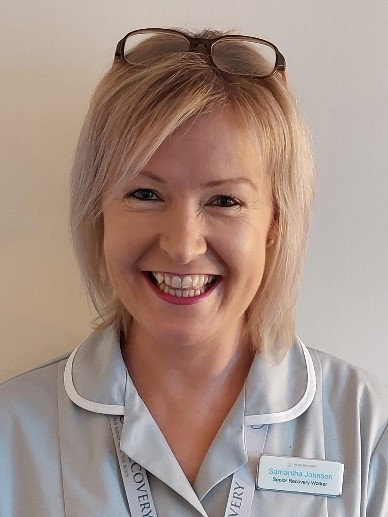What Medications Are Used For Treating Alcohol Addiction
Many people aren’t aware of the prescribed medications that can be used to aid alcohol abuse. There are four main medications that the National Institute for Health and Care Excellence (NICE) recommend to treat alcohol misuse (NHS, 2022).
Acamprosate
The first is acamprosate or Campral which is used to help prevent a relapse from occurring in people who have abstained from alcohol.
This medication works by affecting levels of a chemical in the brain, which is thought to be partly responsible for inducing alcohol cravings.
A course of acamprosate usually begins as soon as you begin your alcohol withdrawal and lasts for up to 6 months.
Disulfiram
The second recommended medication for treating alcohol abuse is disulfiram or Antabuse.
This is used when you’re trying to achieve abstinence but are concerned you may relapse after having previous relapses.
Disulfiram deters you from consuming alcohol by causing unpleasant physical reactions if you do drink, these include nausea, dizziness, and chest pains; these effects can last up to a week after taking disulfiram.
Naltrexone
Naltrexone is a popular medication used to prevent a relapse or limit the amount of alcohol consumed.
This works by blocking opioid receptors in the body which stop the effects of alcohol, this is often prescribed alongside counselling with a course of naltrexone lasting up to 6 months.
Nalmefene
Another recommended medication to treat alcohol abuse is nalmefene or Selincro.
Similar to naltrexone, nalmefene is used to prevent a relapse or to limit the amount of alcohol consumed by blocking opioid receptors in the brain, reducing the craving for alcohol.
This medication is usually recommended if you’ve had an initial assessment and are still drinking more than 7.5 units a day (men), 5 units a day (women), don’t have any physical withdrawal symptoms and don’t need to stop drinking immediately or achieve complete abstinence.


















